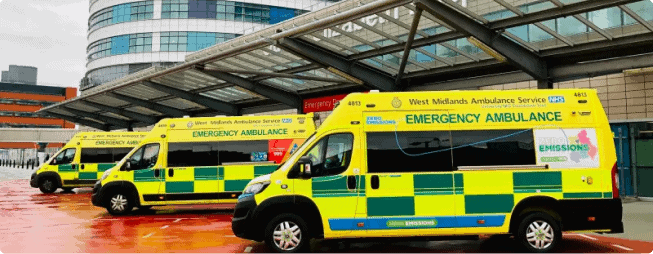Access to healthcare and emergency services is critical for a safe and healthy life, especially when you are new to a city. Understanding how to navigate these services can make a significant difference in the well-being of Africans who have recently migrated to Birmingham. This guide provides detailed insights into the healthcare and emergency resources available in Birmingham, including hospitals, GP clinics, emergency hotlines, and more.
Hospital and Clinic Locations
Birmingham is home to several major hospitals that offer a wide range of medical services. The Queen Elizabeth Hospital Birmingham is one of the largest and provides comprehensive healthcare services, including specialist treatments. Another significant hospital is the Birmingham Children’s Hospital, which specializes in paediatric care. The Birmingham and Solihull Mental Health NHS Foundation Trust offers extensive support and treatment options for mental health services.
Emergency Hotline Numbers
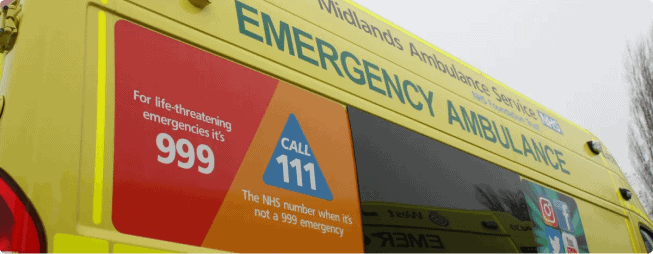
In case of emergencies, it’s crucial to have the right contact numbers. The primary emergency number in the UK is 999, which connects you to police, fire, ambulance, and coastguard services. For non-emergency medical advice, you can call 111, the NHS non-emergency number, which provides medical advice and directs you to appropriate services.
Poison Control Information
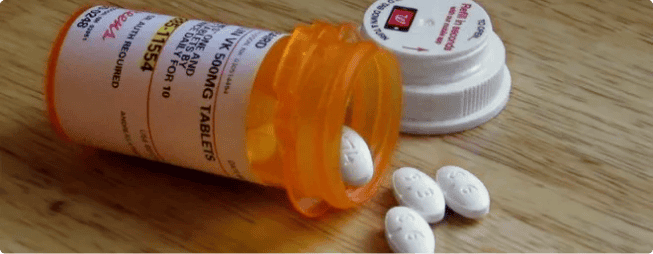
If you suspect poisoning, immediate action is required. The National Poisons Information Service (NPIS) provides expert advice on treating poisoning. In an emergency, call 999 or visit the nearest emergency department. For non-urgent advice, you can contact the NPIS at 0844 892 0111.
Natural Disaster Preparedness Tips
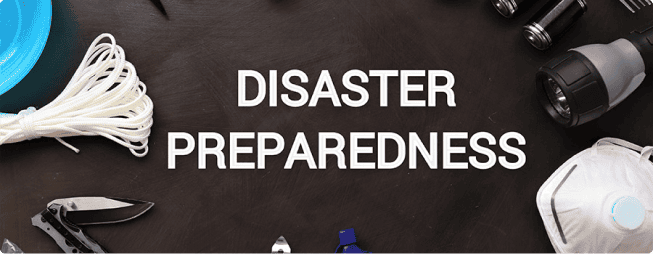
Being prepared for natural disasters, such as floods or severe weather, is crucial. The Environment Agency provides information and alerts about potential flooding. The Met Office offers weather warnings and updates. Ensure you have an emergency kit, including essentials like water, food, medications, and important documents.
First Responder Contact Details
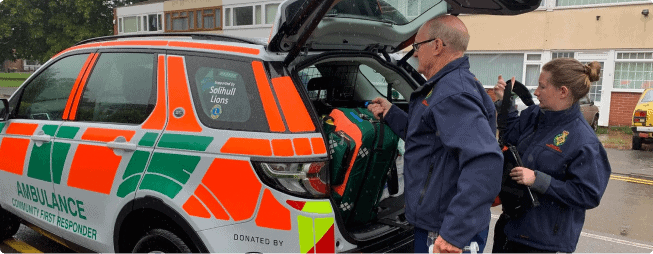
First responders include police, fire services, and paramedics. For emergencies, dial 999. For non-urgent police matters, you can contact West Midlands Police at 101. The West Midlands Fire Service can be reached for fire safety advice and non-emergency inquiries at 0121 380 7311.
Roadside Assistance Services
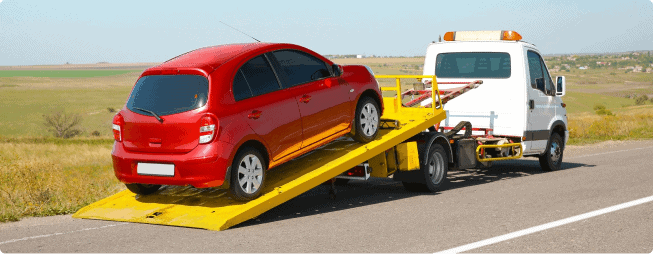
If you experience a vehicle breakdown, roadside assistance services can be a lifesaver. Organizations such as the RAC and AA provide comprehensive breakdown cover and recovery services. These services can be contacted via their respective helplines or mobile apps for immediate assistance.
Urgent Care Guidelines
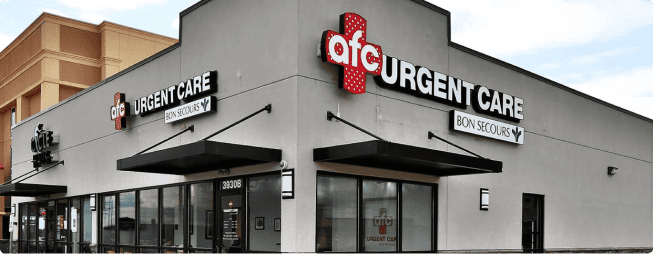
For medical issues that are urgent but not life-threatening, urgent care centres are available. These centres can treat conditions such as minor injuries, infections, and illnesses. The NHS website provides a directory of urgent treatment centres in Birmingham, along with their operating hours and services offered.
Emergency Training Workshops
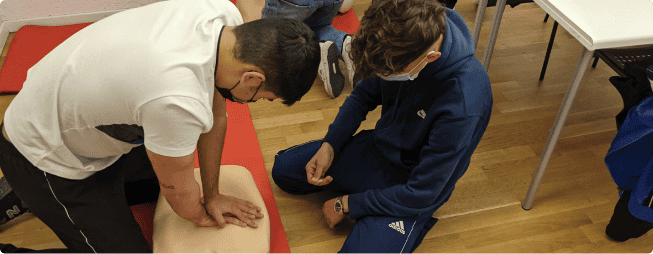
Learning basic emergency response skills can be invaluable. Organizations like St John Ambulance offer first aid and CPR training workshops. These courses teach essential skills that can help you respond effectively in emergencies, potentially saving lives.
Public Safety Alerts
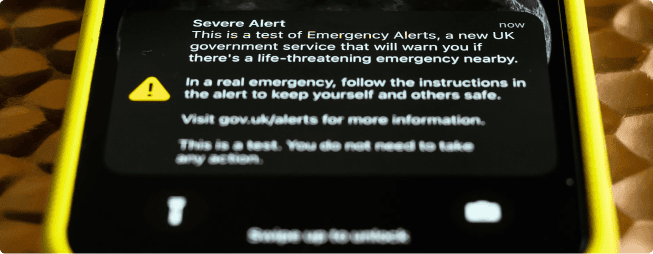
Staying informed about public safety is important for protecting yourself and your family. The West Midlands Police website provides updates on local crime and safety alerts. Additionally, the Birmingham City Council offers information on community safety initiatives and public health warnings.
Blood Donation Centers
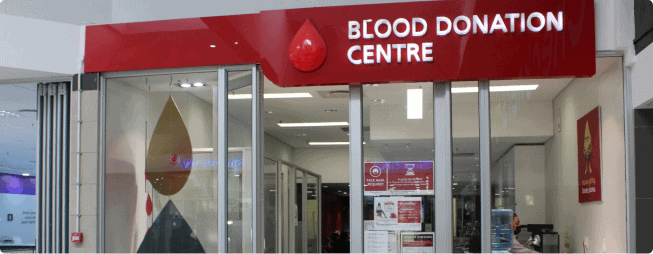
Blood donation is a critical service that saves lives. The NHS Blood and Transplant service provides information on how and where to donate blood in Birmingham. You can find nearby blood donation centres and book appointments online to contribute to this vital cause.
What to Look Out For
- Familiarize yourself with the emergency phone number 999 for immediate assistance from police, fire, ambulance, or coastguard services.
- Learn about the non-emergency number 101 for police matters that do not require an urgent response.
- Locate your nearest hospital with an Accident & Emergency (A&E) department for urgent medical care, such as St Thomas’ Hospital or Royal London Hospital.
- Understand the role of the London Ambulance Service, which provides emergency medical services and patient transport across the city.
- Identify your local fire station and be aware of fire safety regulations and measures to prevent fire hazards in your home.
- Register with a local GP (General Practitioner) for non-emergency medical issues and routine healthcare needs.
- Use NHS 111 for medical advice and guidance on non-life-threatening health concerns.
- Be aware of the Metropolitan Police Service’s role in maintaining public safety and how to report crimes or suspicious activities.
- Learn about community support services and victim support organizations that provide assistance and counselling after emergencies or traumatic incidents.
- Keep a list of important contacts, including your embassy or consulate, to contact in case of emergencies or legal issues.

